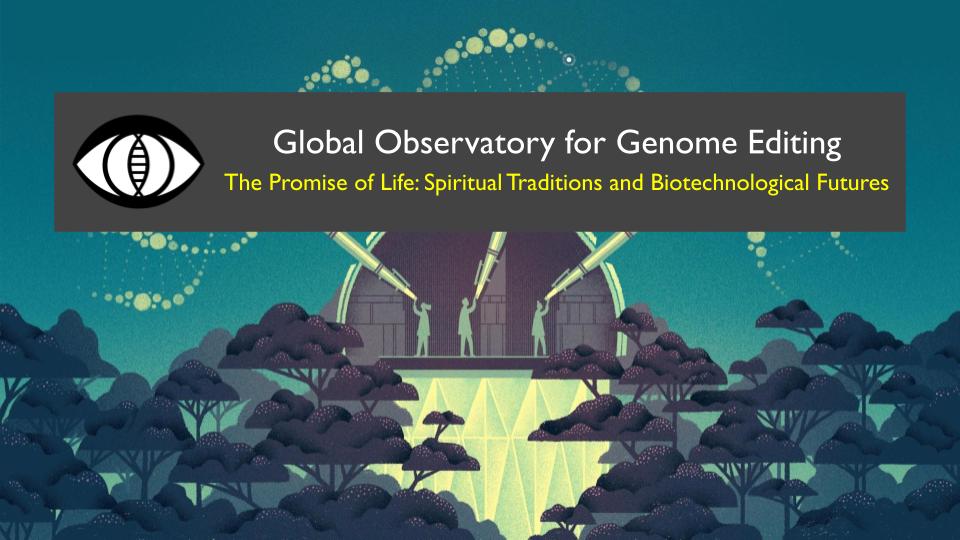Program on Science, Technology and Society at HarvardHarvard Kennedy School of Government | Harvard University |
|||||||
|
|
 The Promise of Life: Spiritual Traditions and Biotechnological FuturesSeptember 27, 2024, AbstractThe world’s religious traditions offer some of the most sophisticated bodies of thought on fundamental questions at stake in debates around the life sciences and biotechnology: What does it mean to be human? What is the purpose of human life? What are the meanings of suffering and mortality? What are the limits of human autonomy? Religions contend with metaphysical questions of mind, body and spirit without reducing them to mere materiality. Nonetheless, engagement with such questions, particularly when informed by religious thought, often gets characterized as vague, insufficiently reasoned, or traditionalist thought—irrationally asserting that scientists are “playing God”—rather than as serious openers to conversations about the moral limits of technological intervention. Restricting or dismissing the place of religious voices in ethical debates with such arguments is symptomatic of a more general tendency to privilege scientific developments and presumptively secular ethical framings, thereby constricting reflection on how such developments serve human values in the name of universal values. This convening seeks to reevaluate this tendency by approaching religious and spiritual traditions as fonts of moral understanding on questions fundamental to human life. It reverses the conventional script: rather than foregrounding specific biotechnologies as sites of ethical evaluation, we place fundamental questions of the meaning of being human front and center. We ask: how have religious traditions understood the integrity and purpose of human life, and how have they defined limits of technology? How can religious thought inform critical reflection on the meaning of scientific and technological ambitions and developments? What configures or constrains the potential contributions of religion to collective reasoning and public ethical deliberation on new technologies? And how should religious traditions figure in the development of deliberative capacity oriented to a cosmopolitan ethics? |
||||||